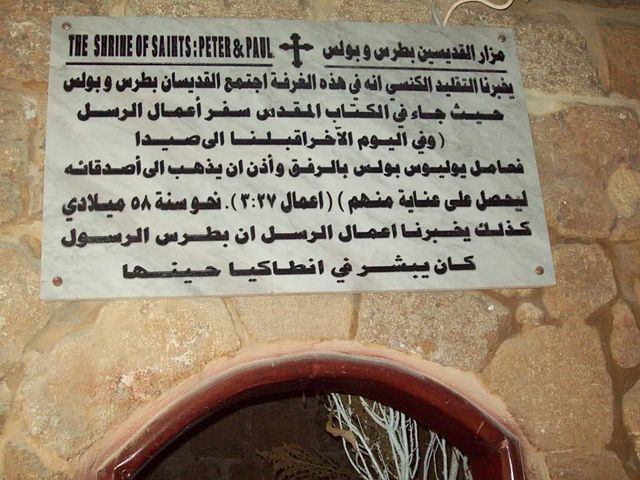The ancient Canaanites were a people who lived in what scientists considered a crossroads, facing wars and occupations for centuries. Because of their long and turbulent history, evolutionary geneticists believed that their DNA would have mingled with other populations over time.
However, a new genetic analysis shows that modern-day Lebanese actually share a huge 93% of their DNA with the Canaanites, the Los Angeles Times reports.
In addition, the inhabitants of Sidon – a Canaanite city-state in present-day Lebanon – during the Bronze Age have a similar genetic profile to people who lived 300 to 800 years earlier in what is now Jordan.
Known as Phoenicians in later historical texts, the Canaanites have very few records of their early past, as almost everything was destroyed over centuries. What scientists know now was pieced together from archeological findings and the writings of other populations.
For the last 19 years, archeologists working at the excavation site in Sidon have been digging up buried secrets on the Canaanites. So far, the team has unearthed 160 burials from the Canaanite period alone, according to excavation director Claude Doumet-Serhal. They discovered that children were buried in jars and adults in sand, for one thing.
Marc Haber and Chris Tyler-Smith from the Wellcome Trust Sanger joined the excavation with new DNA sampling techniques. They sequenced whole genomes of five people found at the site who lived around 3,700 years ago. The scientists then compared the genomes of these ancient individuals to those of 99 Lebanese living in the country, then to previously published genetic data on modern and historical populations in Europe and Asia.
The genetic ancestry of the Bronze Age Canaanites shared around half their DNA with local Neolithic people, and the other half with Chalcolithic Iranians. This means that Canaanite ancestry was spread over a vast area during the Bronze Age, supporting the idea that different cultural groups like the Israelites, Moabites and Phoenicians may have had a shared genetic background.
As a whole, Lebanese have more things in common genetically with the Canaanites compared to other modern Middle Eastern peoples such as Jordanians, Syrians or Palestinians.
Doumet-Serhal said these findings have strong cultural implications. “When Lebanon started in 1929, the Christians said, ‘We are Phoenician.’ The Muslims didn’t accept that and they said, ‘No, we are Arab,’” he said. “We all belong to the same people. We have always had a difficult past…but we have a shared heritage we have to preserve.”
The study was published in the American Journal of Human Genetics.
























